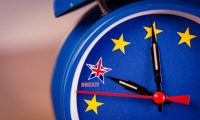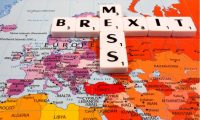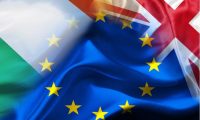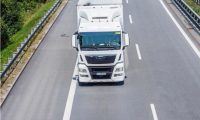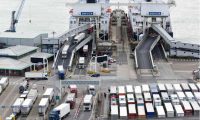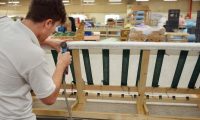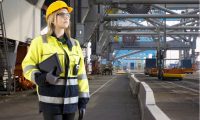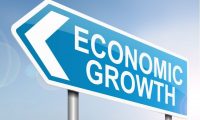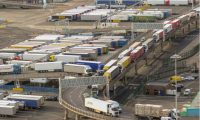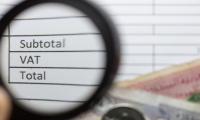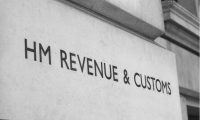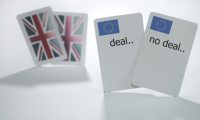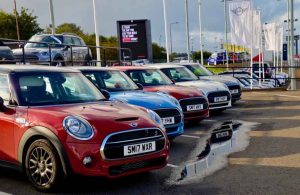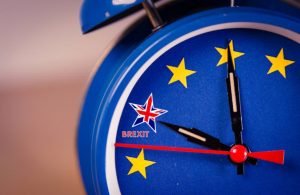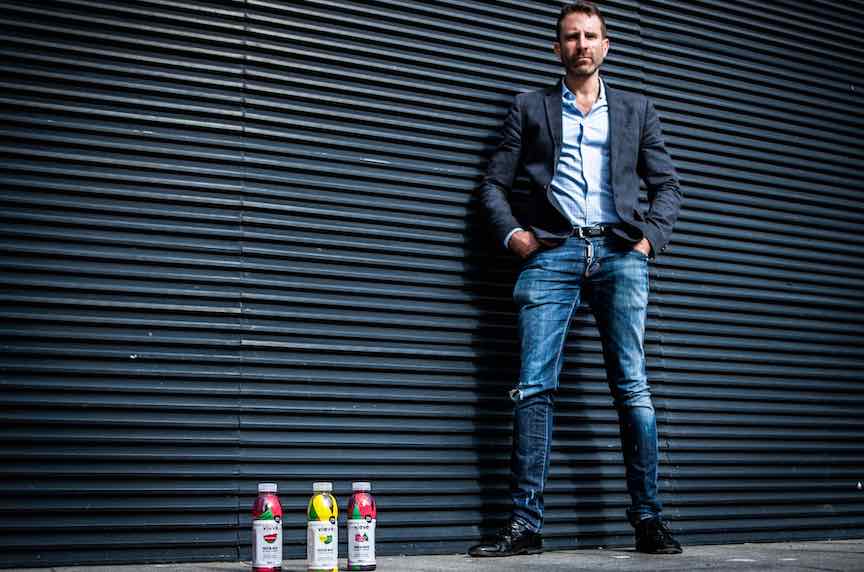
Rafael Rozenson, founder and CEO of protein water manufacturer Vieve, explains why small businesses can’t afford to make the expensive contingency plans necesary to protect themselves from every Brexit scenario
Has Vieve come up against any Brexit-related issues already?
Vieve is a protein water-based drink that is different to other drinks on the market. We’ve been trading for just over a year and a half and our business is quite unique, so we do about 70% of our business on exports. We are in about 16 countries now across Europe and the Middle East and we’ve just launched in Asia. Brexit has had quite a big impact on us, because we manufacture in the UK but import all of our ingredients that go into making the drink from Europe. So that is presenting quite a big challenge.
We also have quite a few customers in Europe and we’ve had quite a few distributors who are quite keen on our product, but because of Brexit they keep pushing back or saying that they don’t want to launch the brand, because it is quite an investment to launch in a new market. It’s just so frustrating because we’ve managed to secure all of this business in Europe and we’re talking to all these distributors at the moment, but nobody wants to commit until we understand what is happening with Brexit. It makes a lot of these discussions very difficult.
Have you looked at opening a base in Europe for Vieve to circumnavigate some of these obstacles?
We just don’t have the funds to be able to do that. We can’t afford to set up and have an office in Europe and an office in the UK.
What preparations have you made for Brexit?
We are now VAT registered in a couple of European markets, in Germany and France. So potentially what we could do is set up a warehousing operation where we stockpile some goods for some of our European customers there, but again it’s quite an expense. We are not a big company, we don’t have the funds to do all this contingency planning for things that might never happen. Even being VAT registered in another country means paying another accountant to file our VAT returns, which is like another thousand euros per country. It’s very difficult to plan for because we don’t know what’s happening and we don’t have the resources that the big companies have.
Have you found the Government to be suportive of you as a small business?
We find the advice you find on gov.uk to be very limited and not very helpful. And, in the course of two years, we have received one letter telling us that we need to register for an export number and that’s the extent of how much the Government has tried to support us in getting ready for Brexit. I do network with other entrepreneurs and we do try to support each other, but again basic things like understanding what tariffs we will have, it’s very difficult to know. Nobody really knows what’s happening, everyone is in the dark, so it’s pretty difficult to plan.
Have you tried to push out into other markets because of Brexit?
Well we are a young business so we take business where we can get it and our products have been well received in the Middle East and we’re in South Korea from this month, but there are a lot of complexities involved in exporting to new markets, each registered product needs new paperwork, whereas now when we export to Europe it’s so easy.


